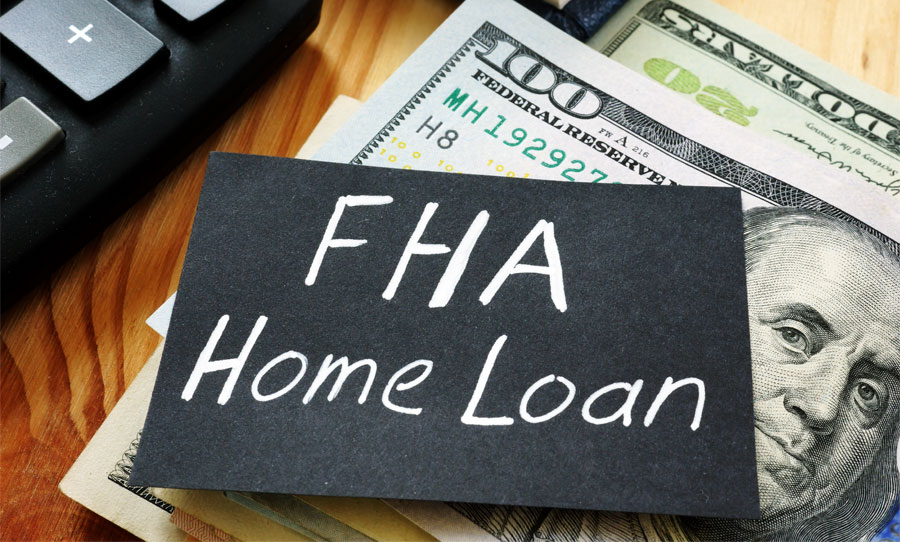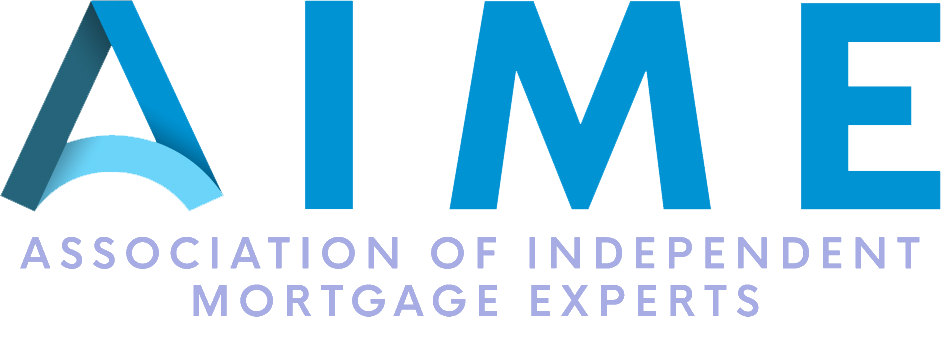FHA LOANS
An FHA loan is a mortgage issued by FHA-approved lender and insured by the Federal Housing Administration (FHA). Designed for low-to-moderate-income borrowers, which require a lower minimum down payments and credit scores.
Get FHA Interest Rates
